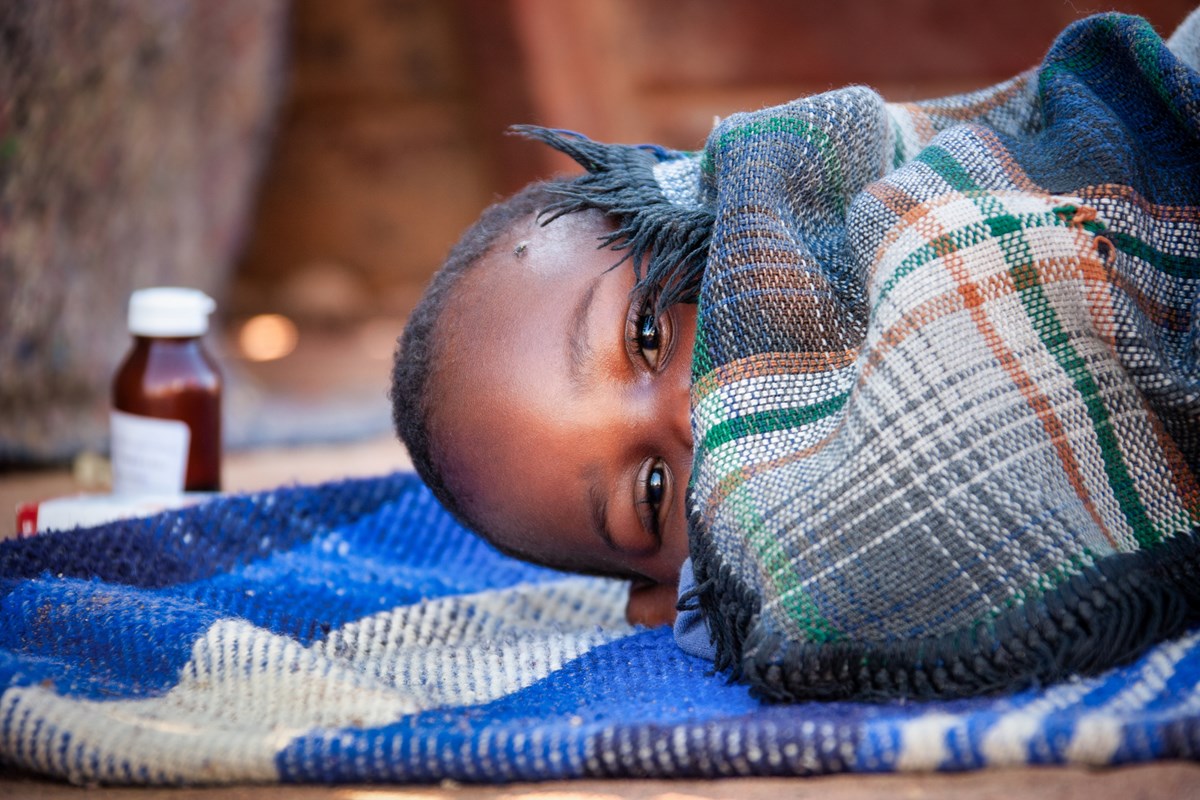Governments around the world took drastic measures in 2020 in hopes of slowing the spread of COVID-19, in many cases locking down economies and confining people to their homes for months on end. The extent to which these measures actually helped contain the COVID-19 pandemic is highly dubious. But the death toll from the unintended consequences of lockdowns continues to mount.
The World Health Organization (WHO) just reported that pandemic measures delayed and disrupted medical care for the global malaria crisis, leading to tens of thousands of additional deaths. An astounding 14 million additional malaria cases were recorded in 2020 compared to 2019, the WHO says. So, too, we saw 69,000 more malaria deaths in 2020 compared to 2019, 47,000 of which the organization says are directly attributable to disrupted diagnosis and treatment stemming from government pandemic restrictions.
That’s right: In their ultimately ineffective efforts to contain the COVID-19 pandemic, governments around the world inadvertently fueled the threat of another infectious disease.
#COVID19 pandemic has disrupted #malaria services, leading to a marked increase in cases and deaths: 14 million more cases in 2020 compared to 2019, and 69,000 more deaths - new report.
— World Health Organization (WHO) (@WHO) December 6, 2021
➡️https://t.co/M9sNo2Pn4u #EndMalaria pic.twitter.com/g6MKFVpQKf
Of course, 47,000 deaths, while tragic, pales in comparison to the millions of global COVID-19 deaths. But we cannot consider the malaria impact in isolation, as if it is the only lethal unintended consequence of COVID-19 lockdowns and other restrictive measures. Sadly, it’s just one small impact in a torrent of life-threatening effects unleashed by naive government interventions.
As we’ve previously covered on FEE.org, these include up to 100 million people pushed into extreme poverty globally and up to 1.2 million children dying worldwide from disrupted healthcare. And lockdown measures have similarly led to a youth mental health crisis—including, tragically, international reports of a child suicide wave—as well as record-breaking levels of drug overdoses, untreated and undiagnosed cases of cancer, and much, much more.
The ramifications of these unprecedented government restrictions stretch across so many walks of life that it will take decades to fully account for their economic, social, and human costs. With this reality undeniable, how could policymakers possibly believe that they had sufficient foresight and knowledge to know that the benefits would outweigh the costs?
The honest answer is that they didn’t and they couldn’t—but they decided that, politically, they had to “do something.” And sure, these efforts may help politicians win their reelection, since they can point to actions they took and take credit for positive developments while waving away the details. But as this alarming World Health Organization report shows, people around the world will be paying for lockdowns with their lives for years to come.

